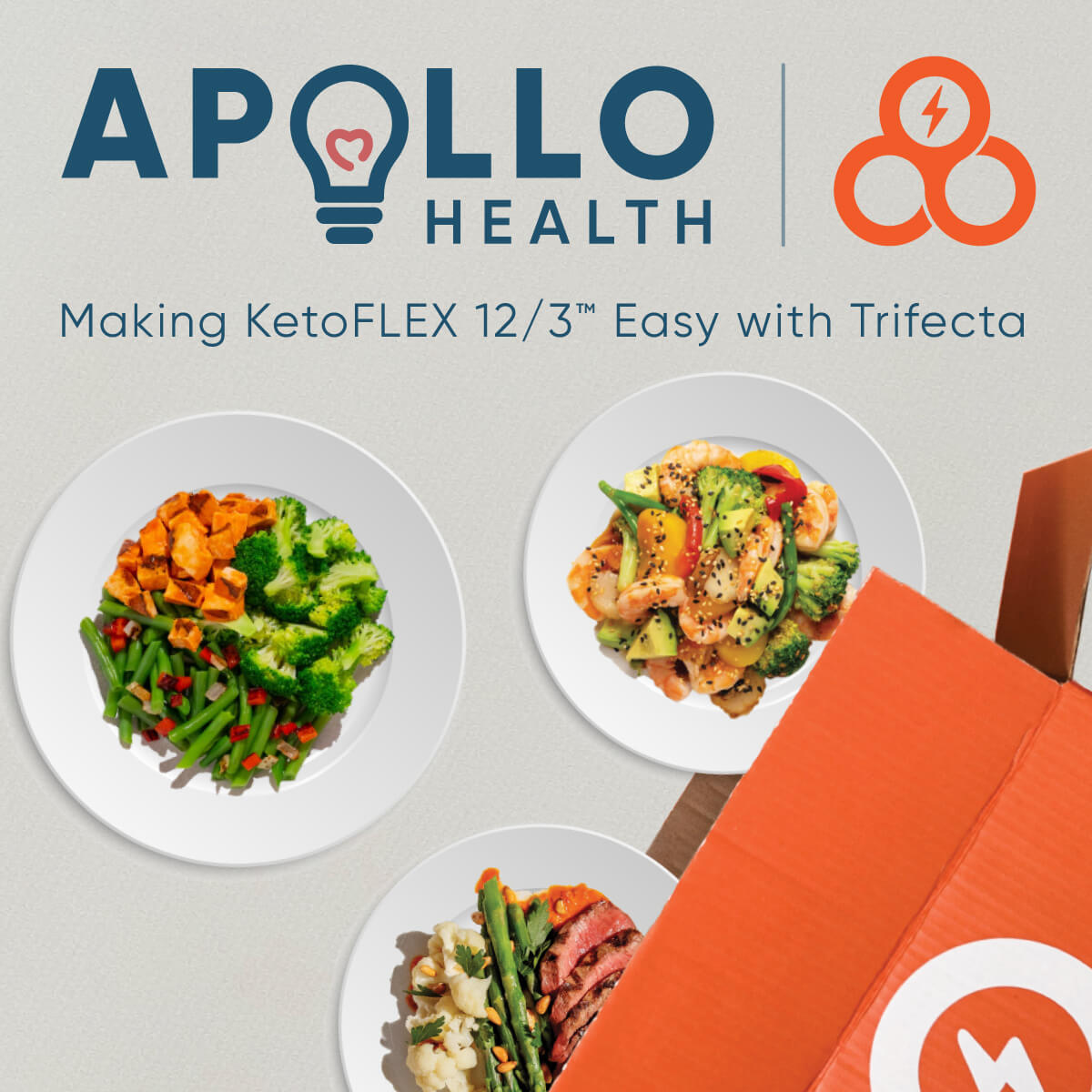June 15, 2023
Less is More More More?

By Dale Bredesen, M.D., Chief Science Officer for Apollo Health
It’s in the zeitgeist this summer — everywhere you look it’s about less. Ozempic is now everyone’s prescription — mostly off-label, and often for those least in need — the latest in a long line of weight loss solutions. But we don’t want to stop at reducing weight; we also want to reduce our age, and cellular reprogramming offers the potential to do just that, with claims that we might even shed decades of biological age someday.
And if we can be blessed with fewer pounds, and fewer age-related changes, then wouldn’t it be nice to have fewer tasks, as well? That’s where AI comes in, performing analytics and even writing our communications.
Now let’s add a fourth reduction — the reduction in neurodegenerative diseases. The new documentary opens this weekend at the Manhattan Film Festival — Memories for Life: Reversing Alzheimer’s — and features Michael Bublé’s narration, as well as some people you may have heard from before, such as Sally and “Patient Zero.” I hope that it will be coming to a film festival near you over the next few months.
Meanwhile, although there may be concerns about some of the promises of Ozempic, age reversal, and AI — few want “Ozempic face,” many are concerned about what could go awry with reprogramming cells, and most of us don’t wish to lose our jobs to AI — the great majority of us can agree that a healthier world, with a dramatic contraction in neurodegenerative disease cases, is a desirable goal. This weekend, at the Manhattan Film Festival, moviegoers will see the first steps in that direction.





